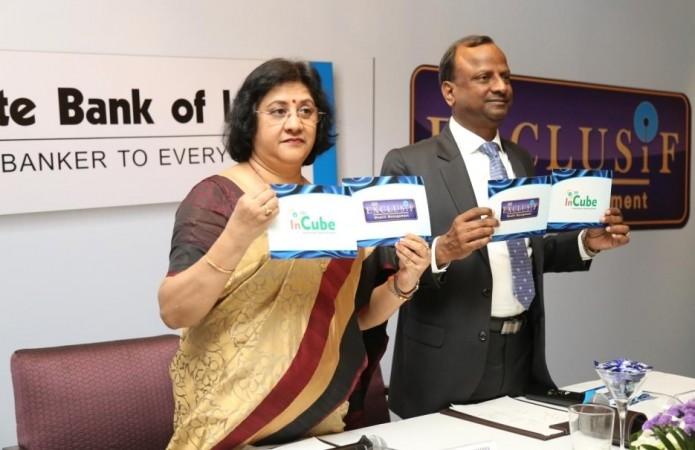
State Bank of India (SBI) on its 61st anniversary (State Bank Day) on Friday has forayed even stronger into the digital services space with new initiatives. The bank has launched a series of new digital offerings to its customers, while signing a partnership with Flipkart for pre-approved instalment payments for purchases online.
Any purchases worth more than Rs. 5,000 on Flipkart will now see SBI offering an overdraft facility to its chosen customers.
A Forbes report noted that out of its 300 million customers, SBI's internet banking and mobile banking customers constitute 26 million and 60 million, respectively. Apart from enhancing customer experience, the bank has sought to identify credit worthy individuals amongst them by offering them such financial benefits, and not limit it to only credit card holders.
"The objective is to provide finance to credit worthy individuals through an end-to-end online facility without having to go through the process of applying for a personal loan for simple purchases," Rajnish Kumar, managing director (National Banking Group), SBI, told the magazine.
Though a novel collaboration, the partnership was not exclusive and SBI was free to try the same with other e-commerce site, added the report.
New Digital Services
SBI Mingle, another service launched on Friday, sought to launch a social media banking platform for its customers using Twitter and Facebook. The social media accounts of such sites can now be used to check balance and download mini statements on SBI Mingle platform, as reported by the Economic Times.
It added that going further the platform would allow customers to request cheque book, perform internet banking functions, receive SMS alerts and block ATM/Debit Cards.
"Staying attuned to the needs of the Gen Y customer and collaborating it with their innovative technology, SBI is in process of offering a gamut of new digital services to the customer on the go," SBI Chairperson Arundhati Bhattacharya said.
The bank also launched SBI Digital Village service that seeks to make villages to cashless small economies. To start with the 21 villages in the country would be identified and then ramped up to 100 by financial year 2017.









!['Had denied Housefull franchise as they wanted me to wear a bikini': Tia Bajpai on turning down bold scripts [Exclusive]](https://data1.ibtimes.co.in/en/full/806605/had-denied-housefull-franchise-they-wanted-me-wear-bikini-tia-bajpai-turning-down-bold.png?w=220&h=138)



